(Dobbs) How Did They Get There? What Are Their Lives Like?
Hardly a day goes by when we don’t read about someone suffering.
I’ve never forgotten three particular days in New York.
I was there overseeing the edit of a documentary for ABC News about the environment, and early every morning I walked about eight blocks from my hotel to the edit suite, then late every night I took the same route back. In both directions I passed a bus shelter about halfway along Broadway.
What I’ve never forgotten is a man I noticed in that bus shelter the very first morning. He was standing there dressed in a nice suit, a white shirt, a necktie neatly knotted at the collar, and an unbuttoned overcoat. He was clean-shaven. He had a suitcase on the ground beside him. I didn’t give it a whole lot of thought but figured he was at the beginning or the end of a business trip.
That night though, on my way back to the hotel, the man was still there. This time he was sitting on the shelter’s bench, but still clean and carefully attired, his suitcase still at his side.
The second morning, he hadn’t left. This time he looked crumpled, the tie was loosened, and there were smudges of dirt on the coat. Then the second night, again, there he was, sitting now with his head in his hands. The third morning he was lying on the ground, his overcoat draped over him. The third night he was huddled in the corner of the shelter, the tie was gone, the coat was stained, the man was dirty and unshaven and there were a few potato chip wrappers at his feet.
That’s when it hit me. In the short space of three days I probably had watched a man descend from a decent life to homelessness. I’ve often wondered what happened. Had he just lost his job? Had he just lost his family? Had he failed to come up with the rent? Had he succumbed to alcohol, or drugs, or depression? I’ll never know, but this bedraggled man came into that shelter looking prosperous, and probably left feeling dirt poor.
I’ve never forgotten about this man because in the course of my career covering news around the country and around the world, I’ve seen more than my share of people living not their best lives but their worst. Sunk in the depths of something bad, he became a metaphor in my head for all of them, a metaphor for those who suffer and see no hope on their horizons.
I won’t forget, can’t forget, the agonizing screams I heard from victims in a burn ward at a hospital in Barcelona after an oil truck went out of control and crashed into a public beachside campsite and exploded. Flaming oil flew everywhere.
More than 200 people died, and although others survived, they faced perpetual pain and were disfigured for life. I wonder from time to time, if some are still alive, what are their lives like now?
I won’t forget, can’t forget, the rotting bodies discarded like logs during the war to get rid of Idi Amin in Uganda. As his loyal soldiers fled from the capital, they wantonly murdered everyone in their path. A camera crew and I went with the invading Tanzanian troops into his subterranean prison where we saw instruments of abuse, from wire nooses to electric prods, fit for the torture exhibit at the Tower of London. And more corpses in every corner. I have wondered over the years, what had they done to deserve such an end? How much pain did they have to endure before they died?
And I won’t forget, can never forget, the agony of a man I watched during a downpour, digging the mangled body of his boy out of the rubble after a massive earthquake in northern Yemen. I remember thinking, I have never sobbed as hard as he was sobbing. And hope I never will. This was a place where there was no government agency to assist this man, no non-profits to help him get his life back. I have wondered, if he is still alive, how does he live his life now? What chance is there that he has ever again had a smile on his face?
This year, when we’ve read about missiles and bombs bombarding Tel Aviv or Tehran, did our minds actually get down on the ground with the non-combatant citizens caught in the crossfire and wonder, what’s it like? What’s it like knowing that your home, your family, might be the next one in the flight path of the enemy’s weapon? They know from relentless suffering how that feels in Gaza. They’ve known for close to four years now how that feels in Kiev.
Hardly a day goes by when the news doesn’t carry accounts about someone suffering. Sometimes someone in our own nation.
But if it’s not happening to us, how much do we care? It doesn’t much matter whether people’s lives were upended by wars or natural disasters, by terrorism or by homelessness. How much time do we spend thinking about them? My guess is, not much at all. How well do we understand what it feels like to be them? How hard do we even try? And how long do we keep these poor people in our heads, whether they endure pain or poverty, famine or war? We read news stories about their suffering— if we read them at all— but we then move on to the next story, the next crisis. And then it’s gone the morning after.
But they’re not gone.
They’re still there, writhing in pain or collapsing in hunger or choking on the dust in their destitution. They’re still there day after day, week after week, sometimes literally year after year. We can go on with our lives. They can’t. Their wars won’t end tomorrow, their hunger will worsen, their pain sometimes can’t be mitigated, there is no realistic remedy for their poverty.
I covered stories like these, victims like these, but I was always a short-timer. As journalists we’d go in for a week or a month or a few months at most. But then we’d get on airplanes and fly back home to our safe havens and creature comforts.
They can’t. They can’t fly home because home is where they are stuck. Their safe havens and creature comforts have been incinerated.
One day this past summer, the same issues ran again through my head and it was very close to home. I was riding my bike with a couple of friends along the forested bank of the Platte River near downtown Denver. We passed about three dozen small encampments of homeless people.
There were some tents, some wooden planks, some suspended canvases to protect them from the elements. For some, with no more than blankets for warmth, the only dank shelter was an overhead bridge.
I started wondering as I pedaled past them, how did they get there, and, living so rough, what are their lives like? I can empathize, but I can’t comprehend.
Maybe some are like the man in the bus shelter in Manhattan: they had good lives until they didn’t.
A proverb says, “But for the grace of God go I.” Whether it’s God’s grace or not, we too could be like the man in the shelter. We too could be living the good life…. until we don’t.
Over more than five decades Greg Dobbs has been a correspondent for two television networks including ABC News, a political columnist for The Denver Post and syndicated columnist for Scripps newspapers, a moderator on Rocky Mountain PBS, and author of two books, including one about the life of a foreign correspondent called “Life in the Wrong Lane.” He also co-authored a book about the seminal year for baby boomers, called “1969: Are You Still Listening?” He has covered presidencies, politics, and the U.S. space program at home, and wars, natural disasters, and other crises around the globe, from Afghanistan to South Africa, from Iran to Egypt, from the Soviet Union to Saudi Arabia, from Nicaragua to Namibia, from Vietnam to Venezuela, from Libya to Liberia, from Panama to Poland. Dobbs has won three Emmys, the Distinguished Service Award from the Society of Professional Journalists, and as a 38-year resident of Colorado, a place in the Denver Press Club Hall of Fame.
You can learn more at GregDobbs.net

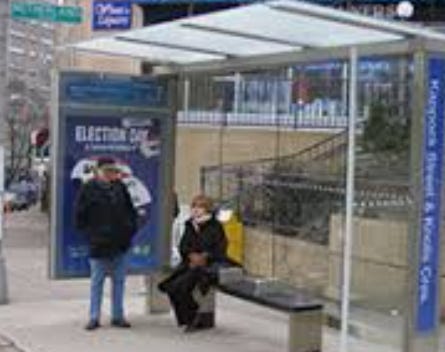
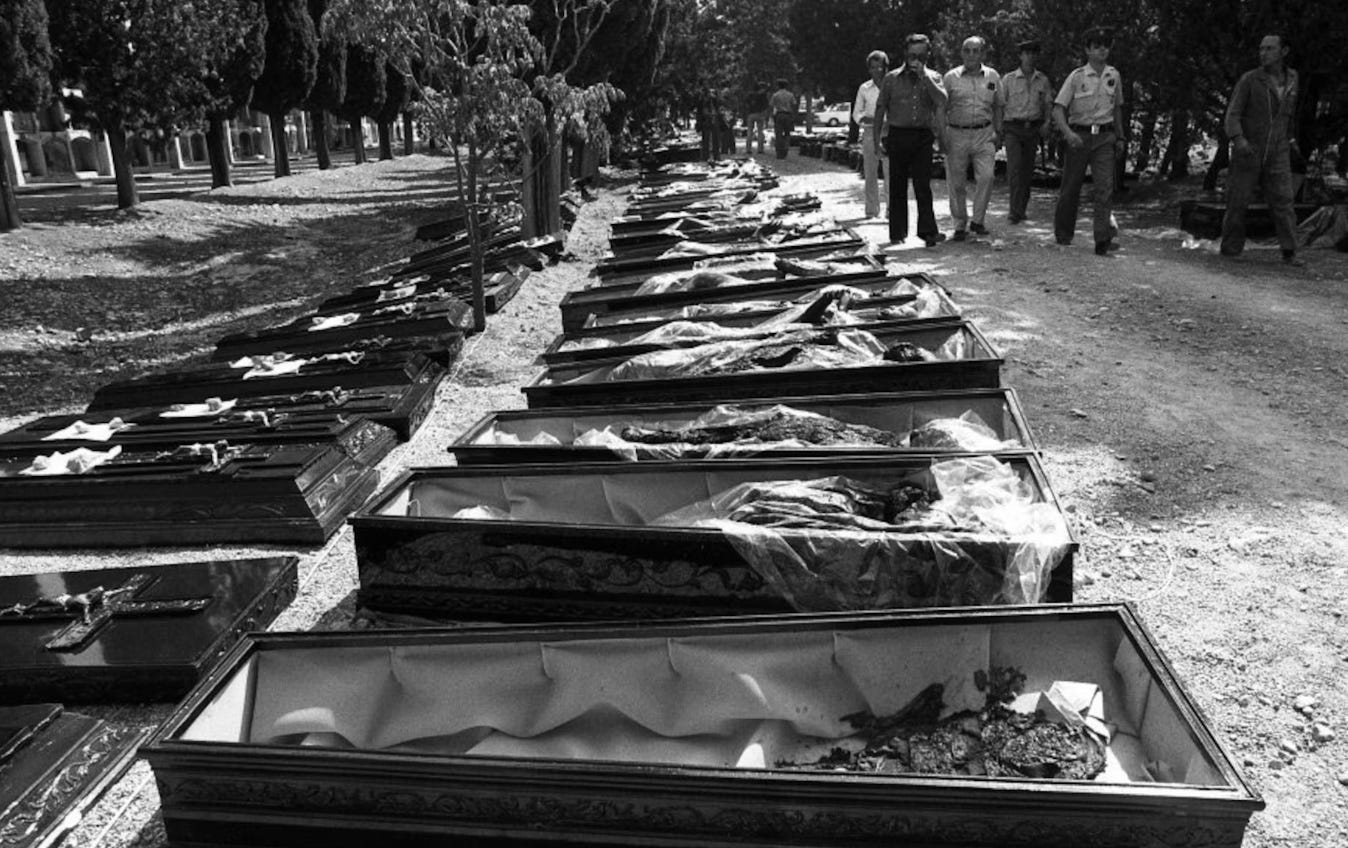
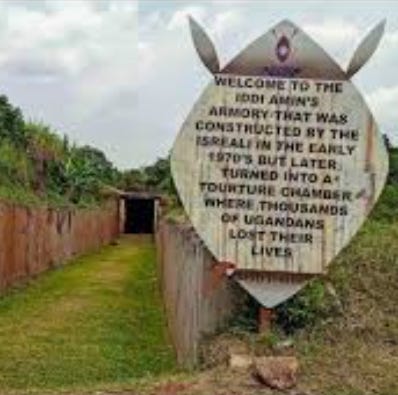
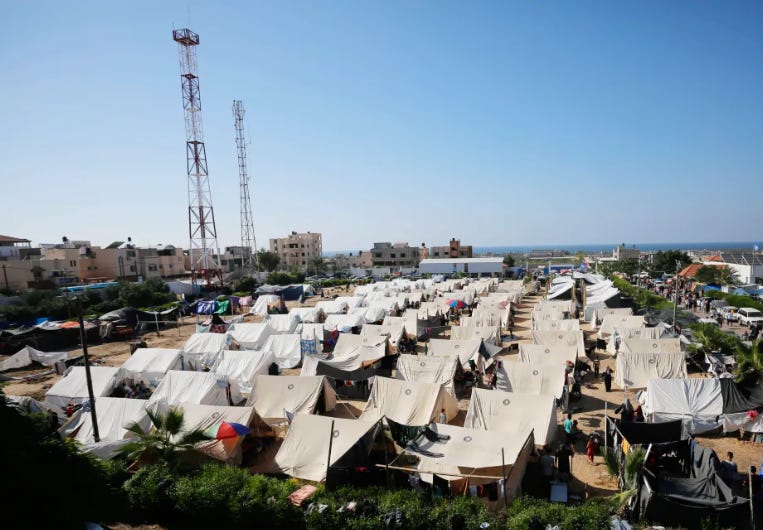
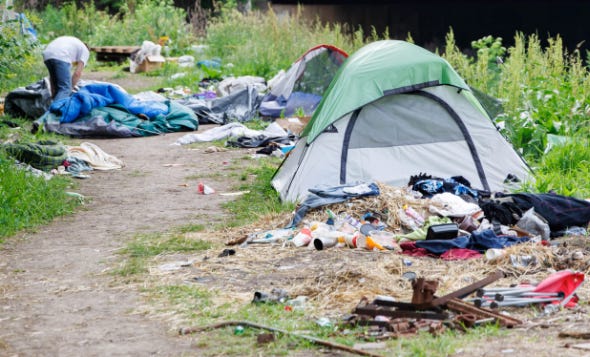
What memories and questions Greg. A searing piece about relentless pain in the 'others'... so far and yet so close to our cushy lives...
Well, if you're a journalist and seem to care about people, why don't you get off your bike and talk to those homeless people along Denver's Platte River? Everyone's a story.